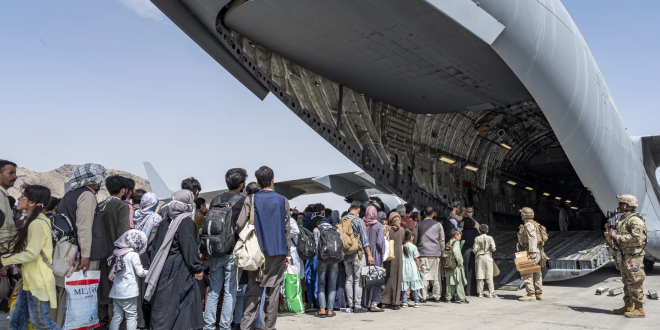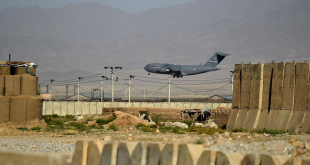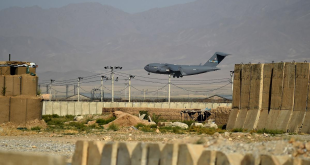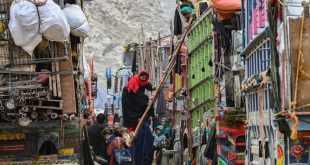KABUL — The United States’ recent decision to suspend a visa program for Afghans who worked with American forces has sparked international criticism, with analysts calling it a continuation of a wider trend of U.S. withdrawal from global responsibilities that began under former President Donald Trump.
The visa program, which offered resettlement pathways to interpreters, drivers, fixers, and other Afghan nationals who supported U.S. military operations during the two-decade-long war, was halted between January and February 2025. The move has left thousands of eligible Afghans and their families stranded under Taliban rule.
According to Le Monde columnist Alain Frachon, the suspension reflects “America withdrawing into itself” — a shift that, he argues, began with Trump’s foreign policy approach during his first term and has resumed in his second. Frachon described the abandonment of Afghan allies as the “latest indignity” in a broader pattern of U.S. disengagement.
The roots of the current crisis trace back to the U.S.-Taliban agreement signed in Doha in May 2020, during the Trump administration. The deal paved the way for the withdrawal of American troops and the eventual return of the Taliban to power in Kabul. Notably, the agreement was negotiated directly with Taliban leaders without the participation of the Afghan government, then led by President Ashraf Ghani.
While President Joe Biden ultimately carried out the withdrawal of U.S. forces in August 2021, critics say the framework was set by Trump’s administration, which prioritized ending what it called “forever wars” — a message that resonated with many Americans weary of long military engagements.
In his column, Frachon compared the approach in Afghanistan to the current U.S. stance on Ukraine, where support has become more cautious and conditional. “To get rid of a problem, you yield to the stronger party,” he wrote, describing Trump’s method as one of abandonment followed by self-declared victory.
The humanitarian implications of the visa suspension are significant. According to a New York Times report from January 25, thousands of Afghans who had already begun the visa process are now in limbo. Many fear retribution under the Taliban, especially those who worked directly with U.S. or NATO forces.
French journalist François Forestier explores these consequences in his new book Kabul: Leave or Die, a Nation’s Destiny, which traces the stories of Afghans caught in the aftermath of the U.S. withdrawal. The book, adapted from a television series by Olivier Demangel and Thomas Finkielkraut, highlights the fates of those left behind amid shifting geopolitical decisions.
Despite promises from successive U.S. administrations to support Afghan allies, the abrupt halt to visa processing has raised questions about America’s long-term reliability as a global partner.
For many Afghans, the path to safety remains uncertain — and hope is quickly fading.
 Afghanistan Times
Afghanistan Times




